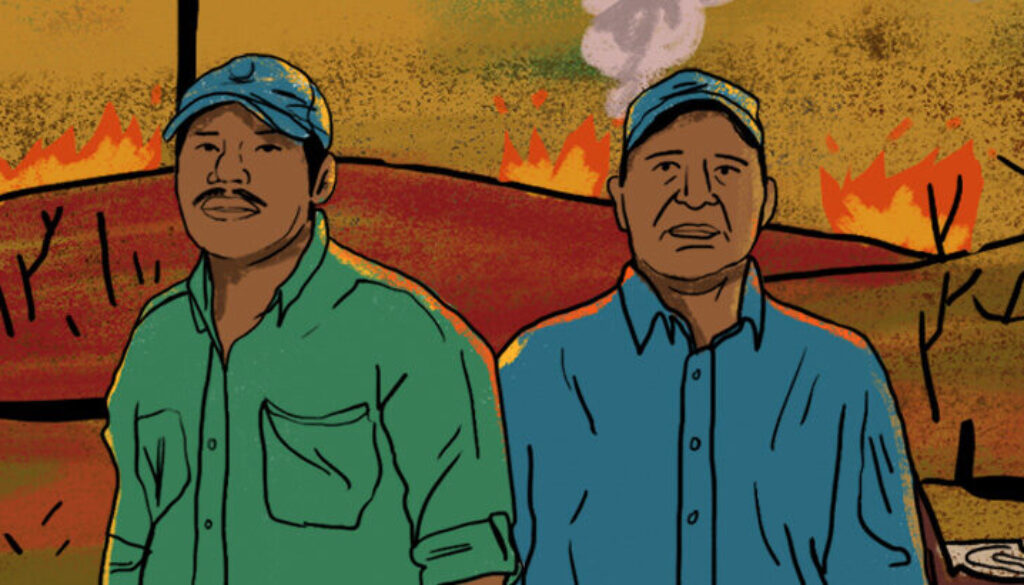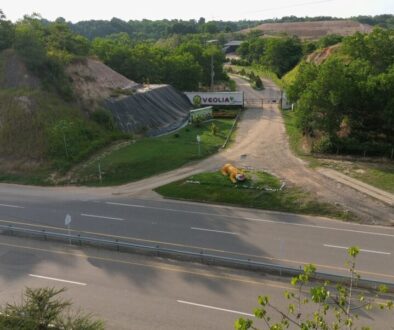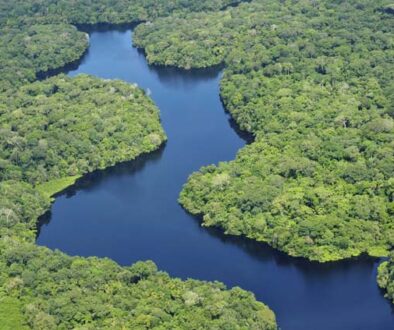Defending Land, Losing Lives: Two Environmental Defenders Killed in Guatemala
In the span of just five days during the month of May, Guatemala mourned the loss of two more land and environmental defenders. On May 9, Marco Antonio Zuleta Quevedo—a forest firefighter and ranger at the Sierra de las Minas Biosphere Reserve—was shot and killed in Usumatlán, Zacapa. Just five days later, on May 14, Misael Mata Asencio, a member of the anti-mining resistance in Livingston, Izabal, was also murdered.
Though hundreds of kilometers apart, their deaths are connected by a violent thread that stretches across Guatemala and the wider Global South: the criminalization, harassment, and assassination of those who dare to defend their territories and ecosystems from extractive industries and environmental degradation.
Who Were Marco and Misael?
Marco Zuleta was not just a ranger. He was a frontline protector of one of Guatemala’s most critical natural reserves: the Sierra de las Minas, a mountainous region home to diverse wildlife and vital freshwater sources. According to reports from Fundación Defensores de la Naturaleza, Marco had received death threats prior to his murder. His only “crime” was reporting illegal logging and unauthorized resource extraction within the reserve—a duty he fulfilled with deep commitment despite growing danger.
Misael Mata was an active participant in the resistance against mining projects in the Sierra Santa Cruz, a territory historically home to Q’eqchi’ communities. These projects—backed by both local and foreign interests—have sparked fierce opposition for years, accused of violating community consultation rights and causing environmental harm. Like many others before him, Misael’s defense of land rights cost him his life.
A Pattern of Violence
These two killings are part of a much larger—and deeply disturbing—pattern. Between 2014 and 2024, at least 60 environmental and Indigenous rights defenders were assassinated in Guatemala, according to the Unit for the Protection of Human Rights Defenders in Guatemala (UDEFEGUA). Global Witness, which tracks violence against land and environmental defenders globally, estimates the figure to be even higher—at least 78 in the same period.
What’s most alarming is not only the frequency of these crimes, but also their geographical concentration. Departments like Izabal and Alta Verapaz—rich in minerals, forests, and water—are also hotspots of corporate interests, militarization, and impunity. In these territories, development is often defined by dispossession, and «progress» comes with the price tag of human lives.
Impunity and Indifference
The murders of Marco and Misael, like so many others, are not isolated incidents. They are symptoms of a broader crisis: a political and economic system that values profit over people, and extraction over ecological balance.
What makes the situation even more dire is the impunity surrounding these crimes. In most cases, investigations stall or never begin. Perpetrators—often with ties to private companies, criminal groups, or even local authorities—walk free. Communities are left without justice, and defenders without protection.
In Marco’s case, his employer had been raising concerns about threats to his life. Yet no protective measures were put in place. In Misael’s case, there was a long history of tension, surveillance, and intimidation faced by anti-mining activists in Livingston. The warning signs were all there. But nothing changed—until it was too late.
Why This Matters for the World
Environmental and territorial defenders are not only safeguarding their own lands—they are protecting the global commons. Forests like the Sierra de las Minas store carbon and regulate water cycles that extend far beyond national borders. Indigenous stewardship in areas like Sierra Santa Cruz has preserved ecosystems that are vital for the planet’s health.
Their work embodies the intersection of environmental justice, Indigenous sovereignty, and human rights. When a defender is silenced, it’s not just a loss for a community—it’s a loss for the world.
What Needs to Change?
The murders of Marco and Misael should serve as a wake-up call—not just for Guatemalan authorities, but for the international community, environmental organizations, and allies across the globe. Words of mourning and condemnation are not enough. What’s needed is concrete action:
- Stronger protections for defenders, including early warning systems, relocation options, and community-based security models.
- Justice and accountability through independent investigations and the prosecution of intellectual and material authors of these crimes.
- Corporate responsibility, including international oversight of transnational companies operating in high-conflict zones.
- Respect for Indigenous self-determination, especially through free, prior, and informed consent processes regarding development projects.
- International solidarity from civil society networks that can amplify local struggles, share tools, and pressure governments to act.
Holding Memory, Building Resistance
In times like these, remembering becomes an act of resistance. Their courage reminds us that the fight for climate justice is rooted in community, culture, and care. Because defending territory should never cost you your life.





